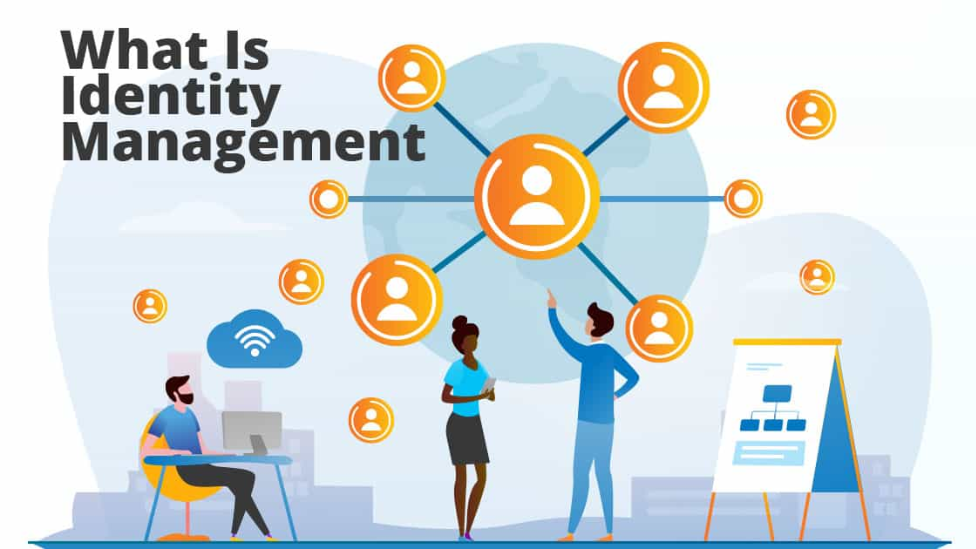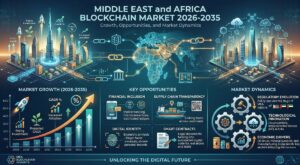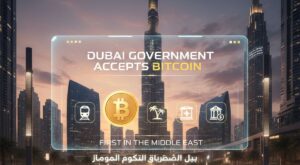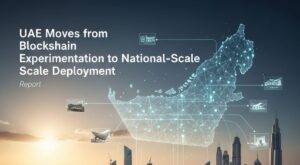To maximize diverse sectors for greater efficiency and security, the Gulf Cooperation Council (GCC) countries have been at the forefront of embracing technology advancements. Blockchain is a technology that has gathered a lot of interest. Blockchain, which was first acknowledged as the basis for digital currencies like Bitcoin, has developed into a flexible tool with uses far beyond virtual money. The administration of identities stands out among these as a crucial area where blockchain can offer significant advantages.
In contemporary societies, such as those in the GCC countries, identity management is paramount. Establishing safe, effective, and privacy-focused identity verification and authentication techniques becomes a primary responsibility as populations grow and digital interactions rise. Data breaches, identity theft, and single points of failure have been problems for traditional centralized identity management systems.
In this context, blockchain technology emerges as a promising alternative, capable of revolutionizing how identity management is handled in the GCC region.
How can Industries in GCC Nations Leverage Blockchain for Identity Management?
Security and decentralization: Traditional identity management systems sometimes rely on centralized databases, leaving them open to hacker attacks and data leaks. Blockchain technology minimizes the risk of single points of failure and unwanted access by securely storing personal identity data in distributed nodes. Additionally, the data is tamper-proof because of the cryptographic properties of blockchain, which improves overall security. For example, the United Arab Emirates, a prominent GCC member, has been exploring blockchain for data exchange.
Improved Privacy: Protecting one’s privacy while handling sensitive personal data is important. Through the use of private keys, blockchain users may manage who has access to their data, allowing them to share only the information that is actually necessary. This method of selective disclosure improves privacy by granting people more control over their identities.
Streamlined Identity Verification: In industries like finance, healthcare, and government services, verification procedures can be time-consuming and difficult. Using a blockchain for identity management can enable seamless and quick verification by providing a reliable and immutable source of identity information. This efficiency can lead to enhanced customer experiences and operational effectiveness.
Cross-Organizational Collaboration: Blockchain facilitates collaboration between different organizations without a centralized intermediary. In the context of identity management, this means that various entities, such as banks, government agencies, healthcare providers, and more, can securely access and verify identity information without duplicating efforts or compromising data security.
Counteracting Identity Fraud: Blockchain’s robustness against tampering and alteration significantly reduces the risk of identity fraud. Adopting blockchain for identity management can help curb fraudulent activities such as fake identities and multiple registrations, fostering trust and integrity in digital interactions.
CONCLUSION
In conclusion, blockchain technology offers a game-changing solution for identity management in the GCC nations. By leveraging its decentralized, secure, and privacy-enhancing features, industries across various sectors can streamline identity verification processes, improve data security, and enhance user experiences. As this technology continues to mature and gain widespread acceptance, the GCC nations are poised to witness a transformation in how identities are managed and authenticated, paving the way for a more digitized and secure future.




























